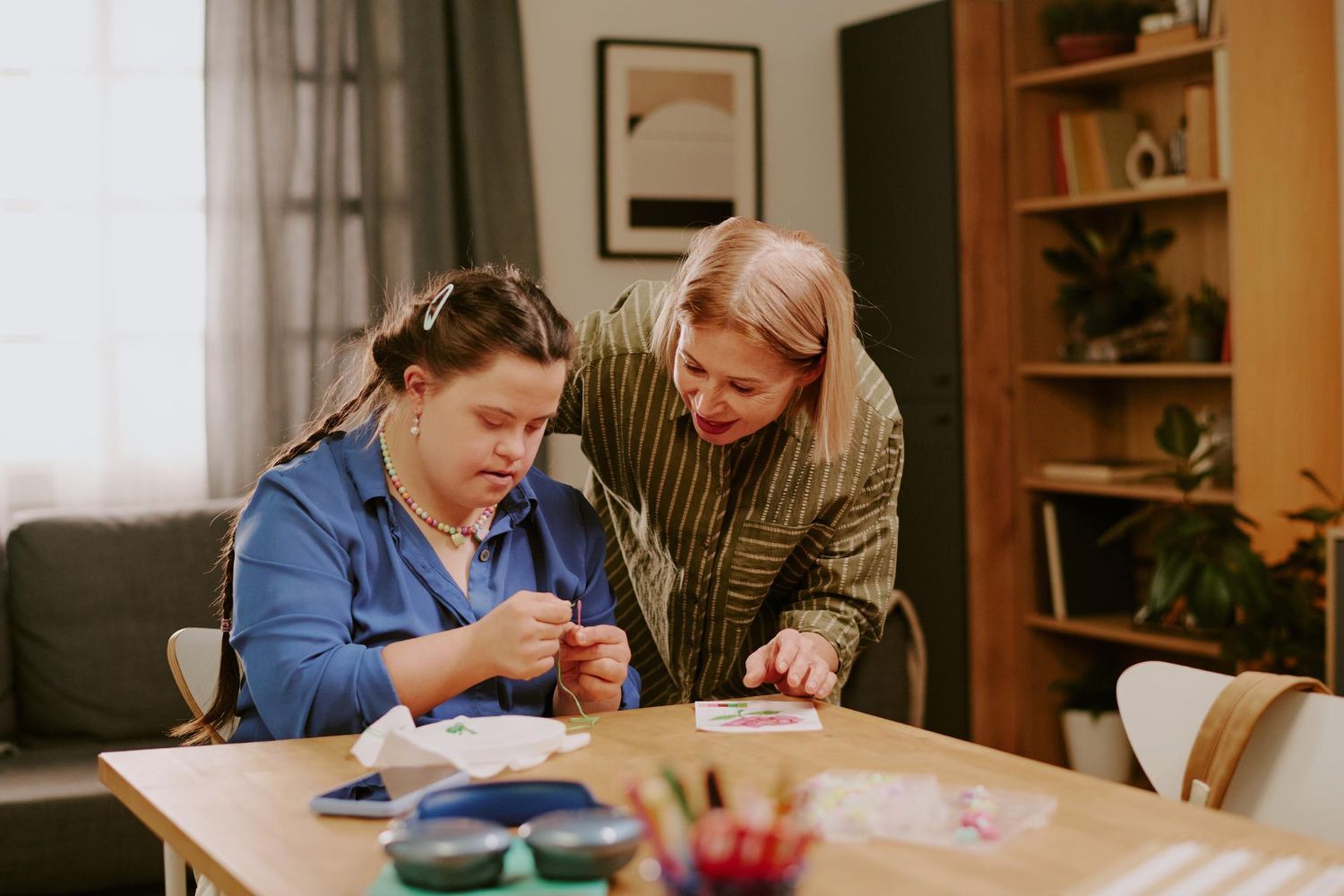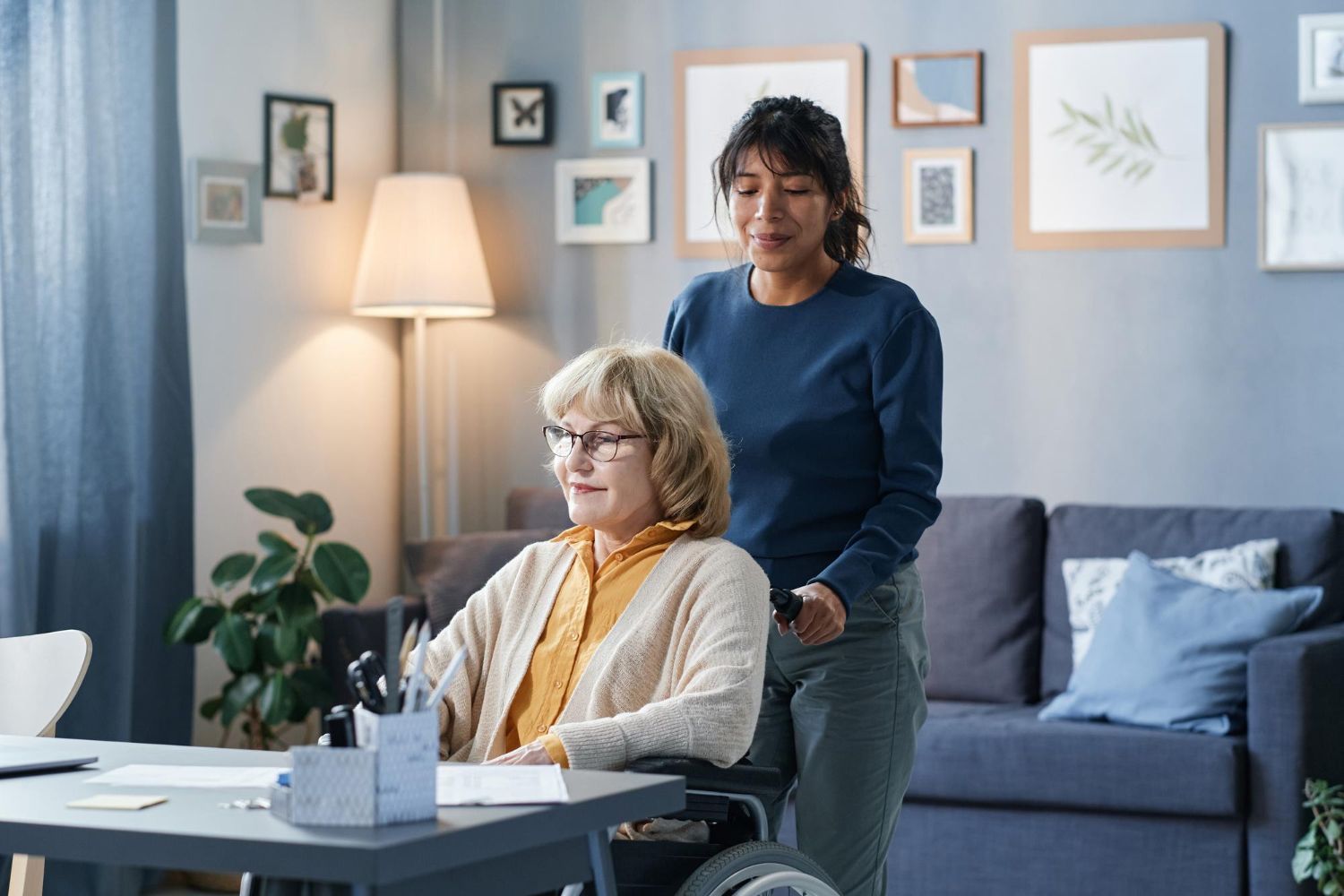Personalised in-home care: why tailored support matters for ageing Australians
The way Australians think about aged care is changing. More seniors than ever want to stay in their own homes as they age, surrounded by familiar environments and close to their families. While aged care facilities remain an important option, in-home care is increasingly becoming the preferred choice for those seeking comfort, independence, and dignity.
But the key to making in-home care truly effective lies in one word: personalisation. Every individual has unique health needs, cultural backgrounds, daily routines, and lifestyle preferences. A one-size-fits-all approach simply does not work. At AIM Care, we believe in providing personalised in-home care that recognises the person behind the care plan.
Why tailored care is so important
When seniors receive care tailored specifically to their needs, the outcomes are significantly better. Here are some reasons why:
- Respecting individuality
No two people age the same way. Some may need physical assistance with mobility or personal hygiene, while others require more emotional support, companionship, or specialised medical attention. A personalised approach ensures care plans align with the individual’s unique situation. - Promoting independence
Seniors who receive tailored in-home care often feel more in control of their daily lives. Rather than imposing rigid schedules or routines, personalised care adapts to their preferred lifestyle. This helps preserve independence while ensuring they still receive the support they need. - Supporting holistic wellbeing
Personalised care addresses not only physical health but also emotional, mental, and social wellbeing. Whether it is respecting cultural traditions, preparing favourite meals, or encouraging participation in meaningful activities, tailored support enhances overall quality of life. - Reducing family stress
Families gain peace of mind knowing their loved one is being cared for in a way that genuinely reflects who they are. This level of trust allows family members to focus on spending quality time with their loved one rather than worrying about whether their needs are being met.
What personalised in-home care looks like
At AIM Care, personalised in-home care means creating support plans that are as unique as the individuals we serve. This often includes:
- Flexible care schedules: Adjusting the frequency and timing of visits to suit the client’s daily routine.
- Cultural sensitivity: Matching clients with support workers who understand and respect their cultural background, traditions, and languages.
- Specialised support: Providing trained carers for specific needs such as dementia care, palliative care, or post-hospital recovery.
- Choice in activities: Encouraging seniors to stay engaged with hobbies, social events, or community involvement.
- Nutrition and lifestyle support: Preparing meals that are both nutritious and aligned with personal preferences.
This kind of care not only meets practical needs but also fosters trust and connection between clients and caregivers.
The AIM Care approach to tailored support
AIM Care’s mission is to enrich lives by connecting individuals with compassionate, skilled professionals who enhance wellbeing while promoting dignity and independence. To achieve this, we take the time to truly understand each client’s story, preferences, and goals.
Our process includes:
- Comprehensive assessments to identify health needs, lifestyle routines, and cultural considerations.
- Collaborative planning that involves both the client and their family in designing the care approach.
- Ongoing reviews to adapt care as needs change over time.
- Matching clients with the right carers, ensuring not only skills but also personality fit for stronger connections.
By focusing on the individual rather than just the service, we deliver care that feels natural, respectful, and empowering.
The future of in-home care in Australia
As the aged care sector evolves, personalised care will only grow in importance. Australia’s ageing population is diverse, representing many cultural backgrounds, languages, and lifestyles. A flexible, people-first model of in-home support will be crucial to meet these varied needs.
Technology is also playing a role, with digital tools enabling better communication between families, carers, and healthcare providers. Yet even with innovation, the heart of effective care will always be the human connection — something personalised care nurtures best.
Conclusion
Personalised in-home care is more than just a service — it is a philosophy that values seniors as individuals with unique lives, histories, and aspirations. At AIM Care, we are committed to delivering tailored support that empowers ageing Australians to live with dignity, independence, and joy in their own homes.
For families seeking aged care solutions, the message is clear: tailored support matters. By choosing a provider who prioritises personalisation, you are giving your loved one more than just care — you are giving them the chance to continue living life on their own terms.











